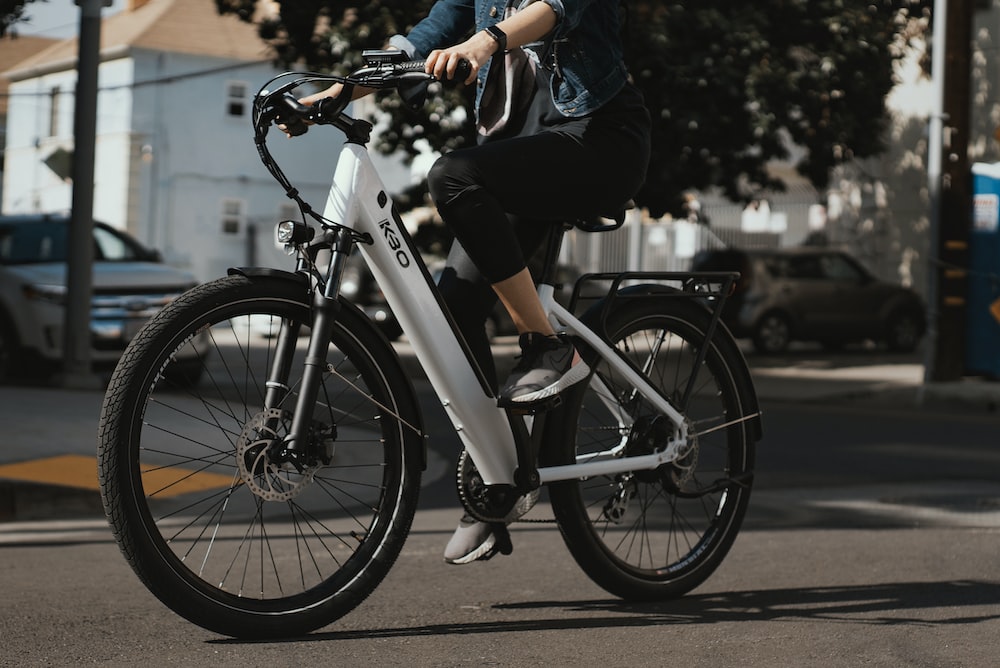The growth of bicycles through different stages over the decades and their embracement in different countries of the world has been nothing short of phenomenal, as is the case with the invention of electric bicycles by bicycle lovers.
Asides from the fact that they are a better fitness option, they reduce air pollution, stimulate higher-density development in cities, and have positive economic impacts by creating jobs and revitalizing local communities, the social impact of electric bicycles revolutionized transportation.
Electric bicycles, or e-bikes as they are more fondly called, have gained significant popularity in recent years, transforming the way we think about transportation. They have profoundly impacted society by fostering healthier communities, enhancing accessibility, and stimulating local economies.
Planning to get an electric bicycle? This article will give you more reasons why you should as it will show you some key social impacts of electric bicycles and their transformative potential.
Read also: What You Should Avoid Wearing When Riding A Bicycle At Night
1. Health and Well-being

E-bikes provide an accessible and enjoyable means of physical activity, promoting healthier lifestyles among individuals of all ages. Regular e-bike usage can improve cardiovascular health, reduce stress levels, and contribute to weight management. By encouraging exercise, e-bikes have the potential to combat sedentary lifestyles and mitigate associated health risks.
2. Sustainable Commuting

This beautiful invention offers a sustainable alternative to conventional vehicles, reducing carbon emissions and improving air quality. By choosing e-bikes for daily commuting, individuals can contribute to the fight against climate change and alleviate traffic congestion in urban areas, creating cleaner and more livable cities.
3. Accessibility and Inclusion
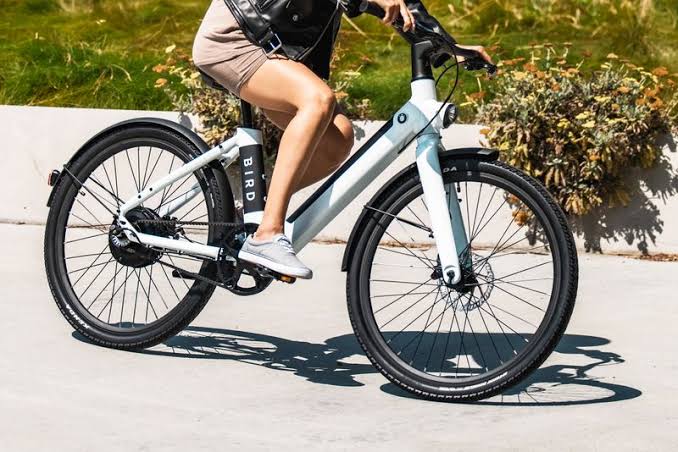
E-bikes have the power to bridge transportation gaps, especially for individuals with limited mobility or those living in underserved communities. With their motorized assistance, e-bikes enable people of various physical abilities to travel longer distances, accessing essential services, education, and employment opportunities that were previously unreachable.
4. Age-Friendly Transportation
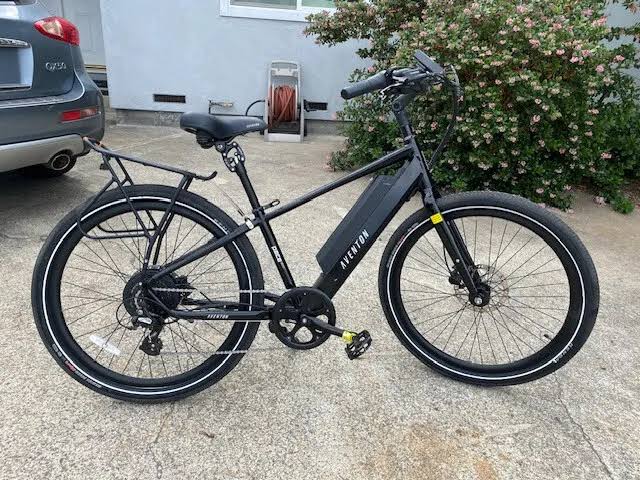
As e-bikes assist while pedaling, they have become a popular mode of transportation for older adults. E-bikes allow seniors to maintain their independence, stay active, and connect with their communities. By enabling older adults to travel more easily and safely, e-bikes contribute to the social well-being and integration of aging populations.
5. Economic Growth and Local Businesses

The rise of e-bikes has sparked a flourishing market for their manufacturing, sales, and maintenance. This industry growth stimulates local economies, generating job opportunities and supporting small businesses specializing in e-bike rentals, repairs, and accessories. Consequently, the increased presence of e-bikes in communities fosters economic resilience and vitality.
Read also: Why Do Women’s Bikes Have A Lower Bar?
6. Reduced Noise Pollution
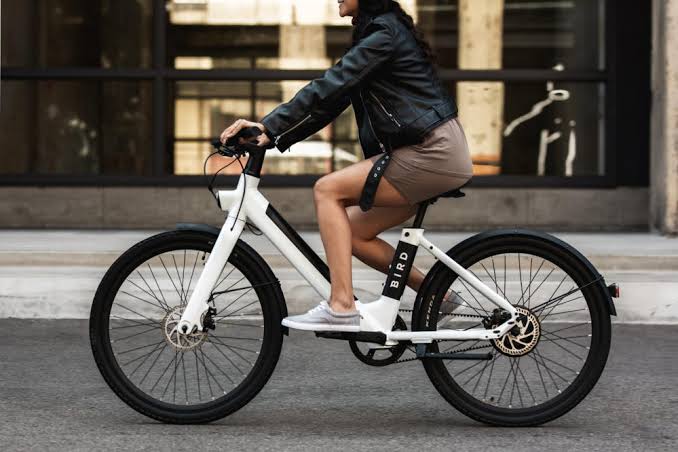
Compared to motorized vehicles, e-bikes operate quietly, minimizing noise pollution. This advantage makes them an ideal choice for dense urban areas, contributing to a more peaceful and tranquil environment. Reduced noise levels lead to improved quality of life, better sleep patterns, and enhanced overall well-being for residents.
7. Community-Building
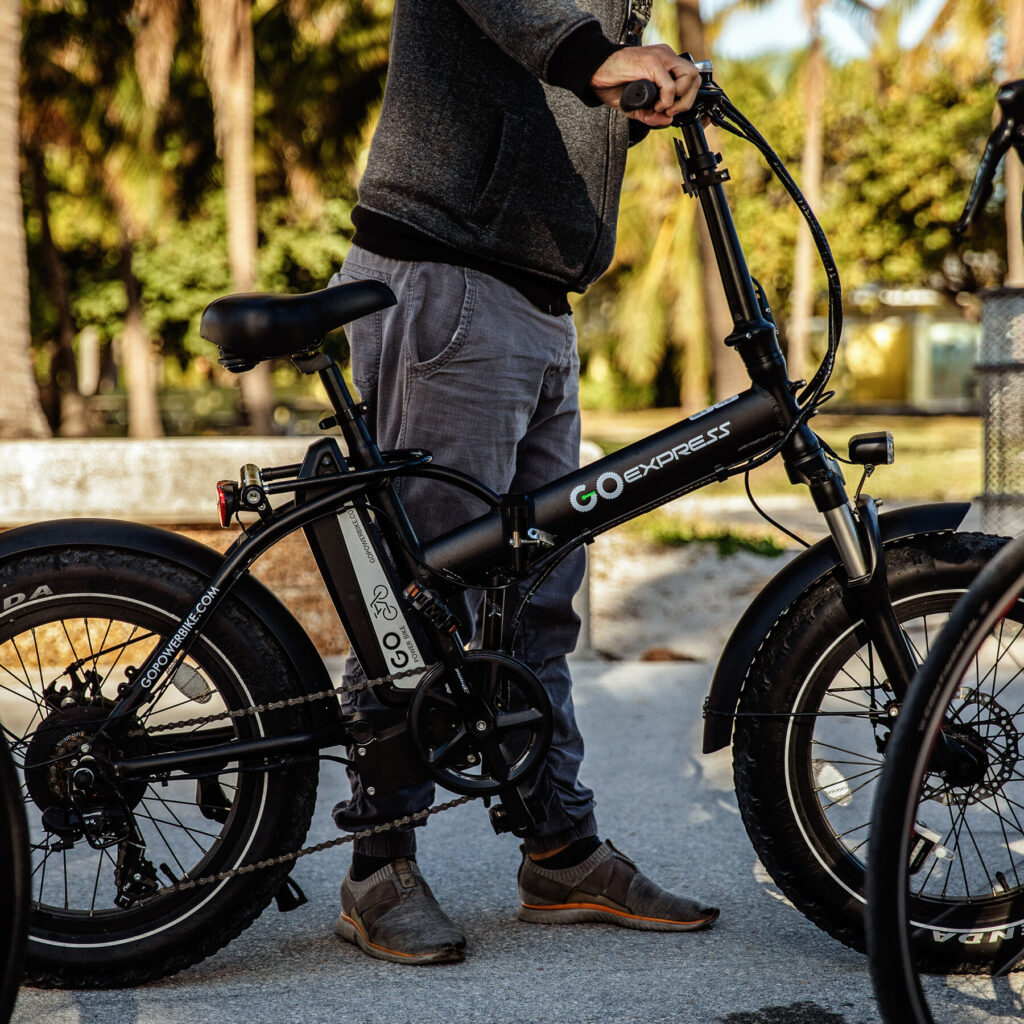
E-bikes facilitate social interaction and community engagement. They encourage people to gather, explore their surroundings, and form connections, ultimately fostering a sense of belonging within communities. Whether through group rides, cycling clubs, or shared e-bike programs, these vehicles strengthen social bonds and build a supportive network of riders.
8. Congestion Reduction
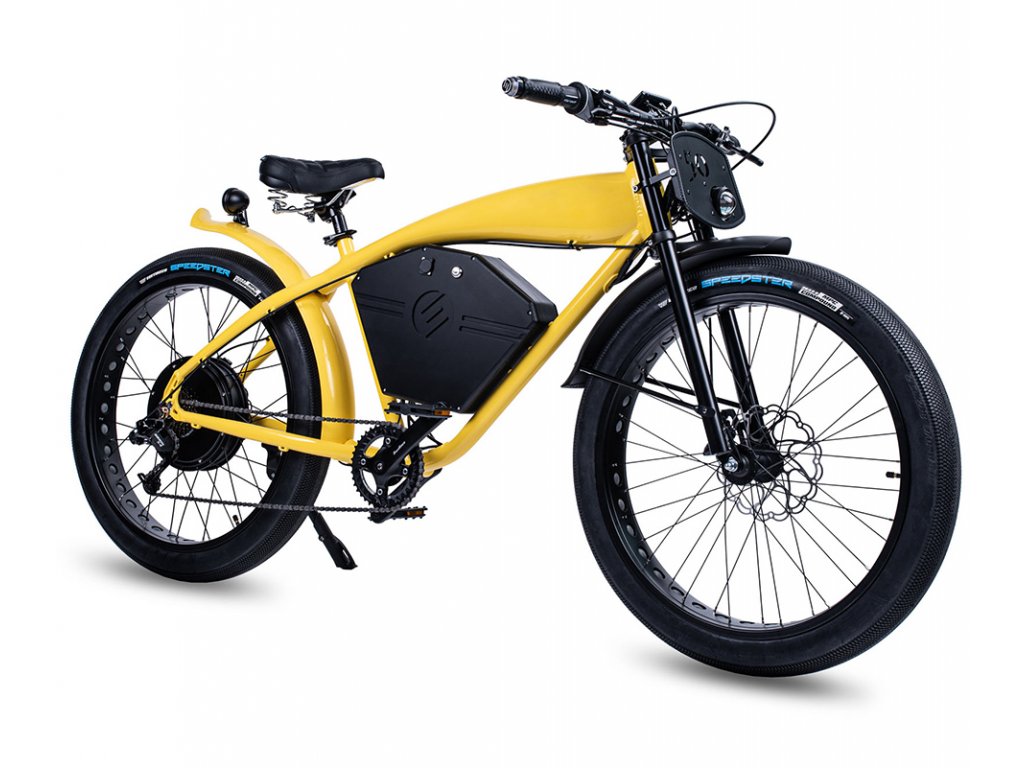
They play a crucial role in reducing traffic congestion, particularly during peak commuting hours. By opting for e-bikes instead of cars, individuals contribute to smoother traffic flow, shorter commute times, and less frustration on the roads. This, in turn, enhances productivity and well-being for all road users.
9. Tourism and Recreation

E-bikes provide an enjoyable and sustainable mode of transportation for tourists and recreational enthusiasts. They allow visitors to explore new areas, experience local culture, and appreciate natural landscapes while minimizing their ecological footprint. E-bike tourism not only boosts local economies but also fosters a deep connection between travelers and the destinations they visit.
10. Redefining Urban Planning

The rise of e-bikes prompts urban planners to reimagine city infrastructure. With the increasing popularity of cycling, cities are investing in bike lanes, parking facilities, and charging stations, creating a more bike-friendly environment. This shift towards sustainable transportation influences urban planning decisions, leading to more inclusive and livable cities.
Electric bicycles have revolutionized transportation, leaving a lasting social impact on our communities. From promoting health and well-being to enhancing accessibility, stimulating local economies, and fostering sustainable commuting, e-bikes have the potential to transform society for the better. By embracing this eco-friendly mode of transportation, we can create vibrant, inclusive, and environmentally conscious communities.
Read also: How Long On A Bike Equals 10,000 Steps?
FAQ
- Are e-bikes safe to ride?
E-bikes are generally safe to ride, but it is important to follow local traffic laws, wear a helmet, and practice safe riding habits.
2. How far can an e-bike travel on a single charge?
The range of an e-bike depends on various factors such as battery capacity, terrain, and rider weight. On average, e-bikes can travel between 20 to 80 miles on a single charge.
3. Do e-bikes require a license or registration?
Regulations regarding e-bikes vary by country and region. In many places, e-bikes may require a license or registration, while in some other places, they may not.

